China and Russia oppose the politicization of COVID-19 origins tracing, stressing it is a scientific issue that should be carried out through cooperation among international scientists based on a global perspective, according to a joint statement issued Friday after a meeting between the two countries' presidents.
At the invitation of Chinese President Xi Jinping, Russian President Vladimir Putin is paying a visit to China. The two heads of state held talks in Beijing, and attended the opening ceremony of the 24th Olympic Winter Games.
In the joint statement, Russia welcomes the joint research by China and the World Health Organization (WHO) on COVID-19 origins tracing, and supports the China-WHO joint study report on the issue.
According to the statement, China and Russia believe that peace, development and cooperation are the mainstream of the current international system, and that development is the key to realizing people's well-being.
As the COVID-19 pandemic, which continues to spread, has brought severe challenges to the whole world in implementing the United Nations (UN) 2030 Agenda for Sustainable Development, China and Russia believe that it is of paramount importance to improve global development partnership and promote global development to a new stage featuring balance, coordination and inclusiveness, said the statement.
China and Russia said in the statement that they will actively push forward the synergy and cooperation between the Belt and Road Initiative and the Eurasian Economic Union (EAEU), deepen practical cooperation between China and the EAEU in various areas, and enhance interconnectivity between Asia-Pacific and Eurasia.
The two countries will strengthen cooperation within the UN and other multilateral mechanisms, push the international community to place development at an important position in global macro-policy coordination, the statement said.
China and Russia call on developed countries to faithfully fulfill their formal obligations on development assistance, provide more resources to developing countries, address the uneven development between and within countries, promote global development, and advance international development cooperation.
The two sides, in the statement, also call on the international community to take poverty reduction, food security, anti-pandemic fight and vaccines, development financing, climate change, green and sustainable development, industrialization, digital economy and interconnectivity as key areas of cooperation, take practical steps in these areas, and speed up the implementation of the 2030 Agenda.
According to the statement, the two countries will continue to strengthen cooperation on the research, development and production of vaccines and COVID-19 drugs, and deepen cooperation in such areas as public health and modern medicine.
The two sides will also strengthen coordination and synergy on anti-pandemic measures, so as to provide a strong guarantee for the health and safety of their people and the orderly personnel exchanges between the two countries, the statement added.











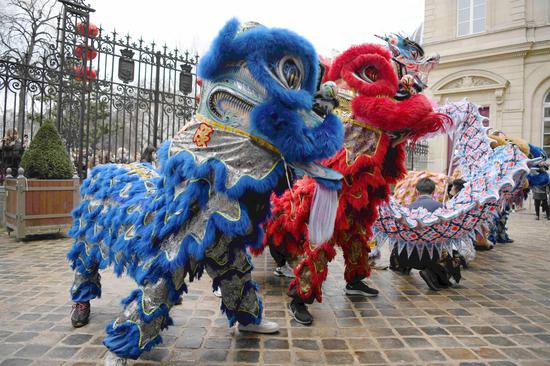
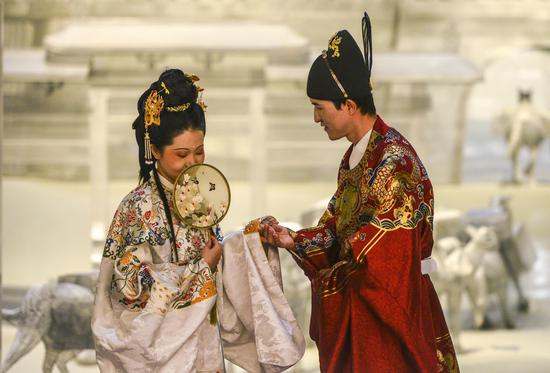

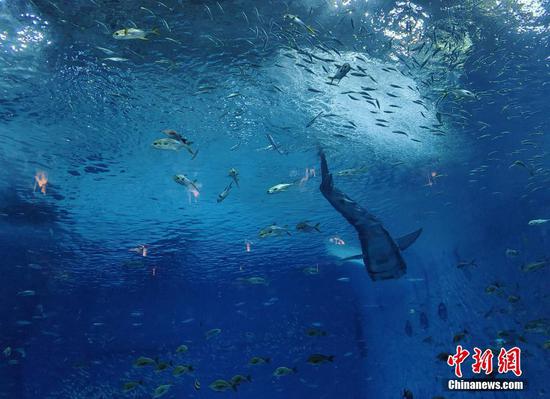

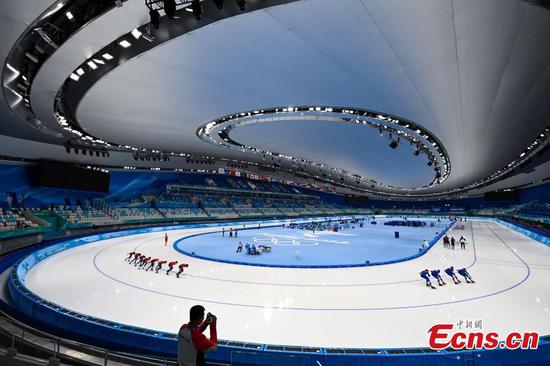

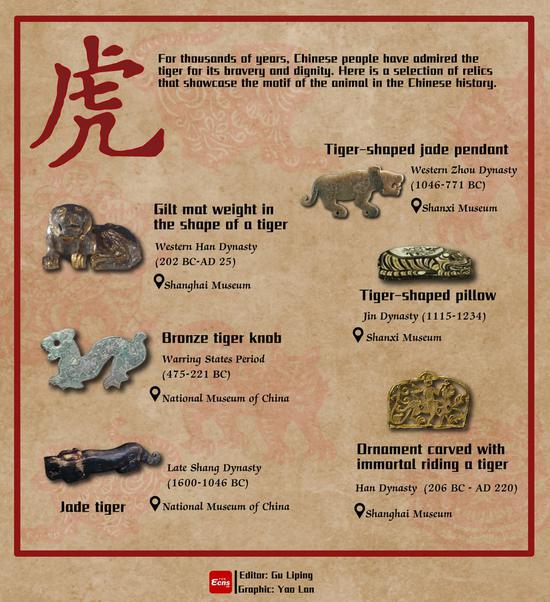


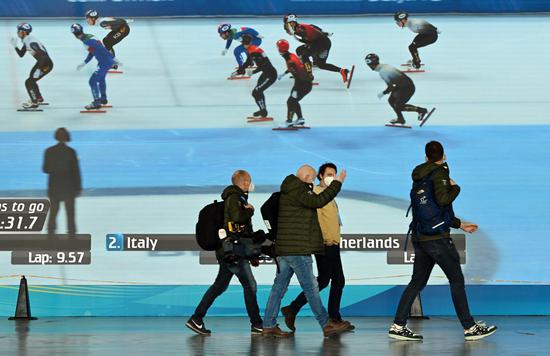
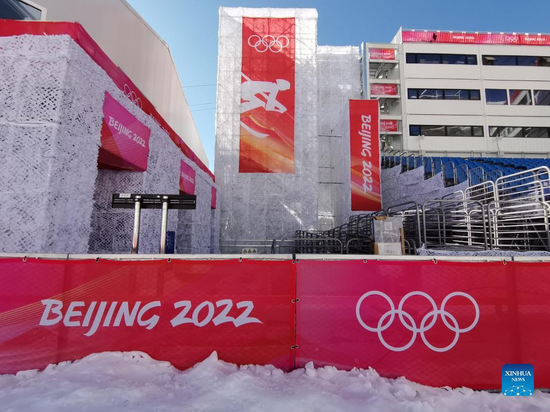
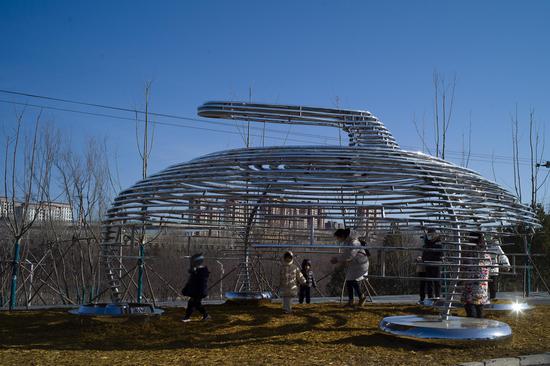

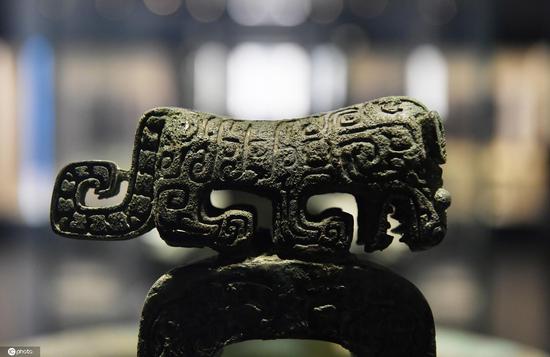




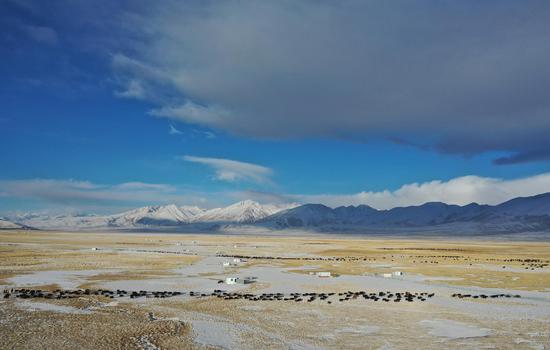
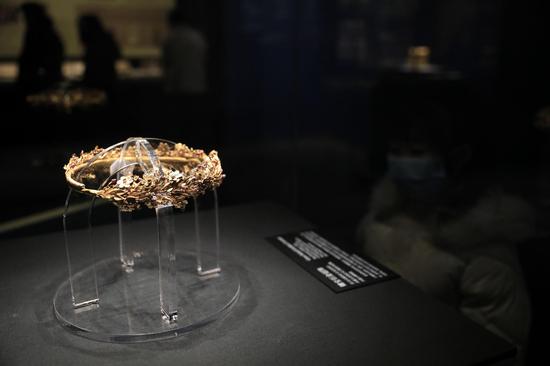
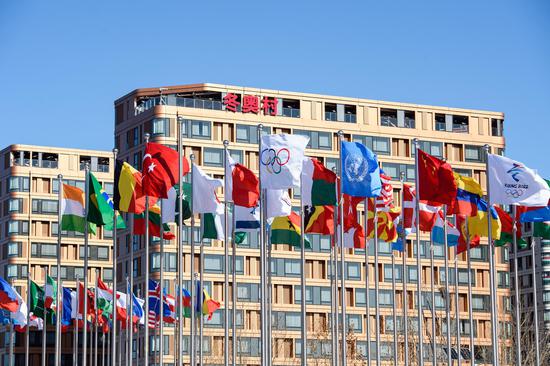
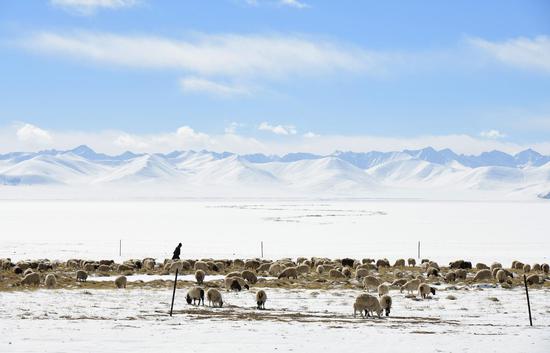
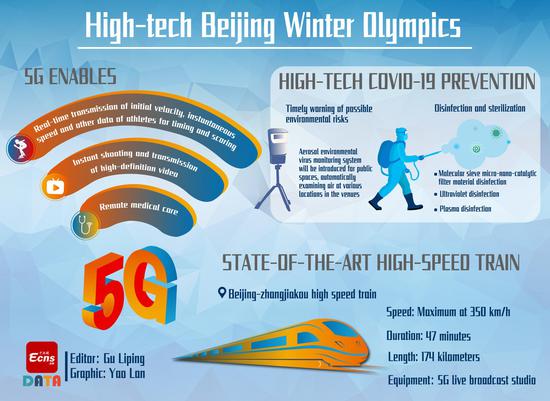

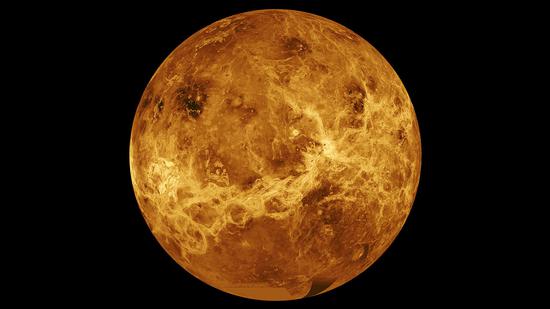

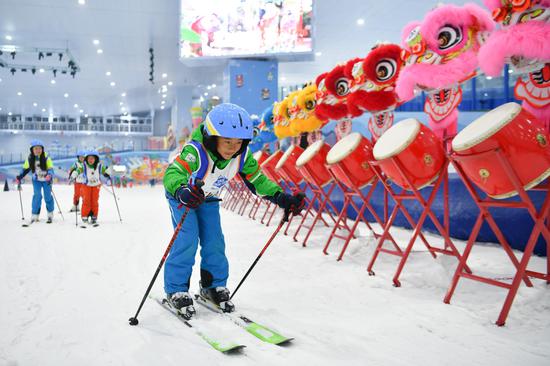
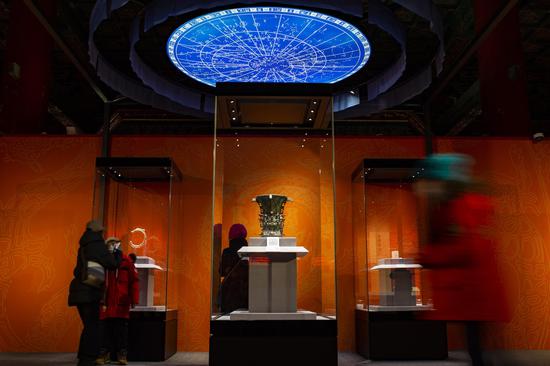
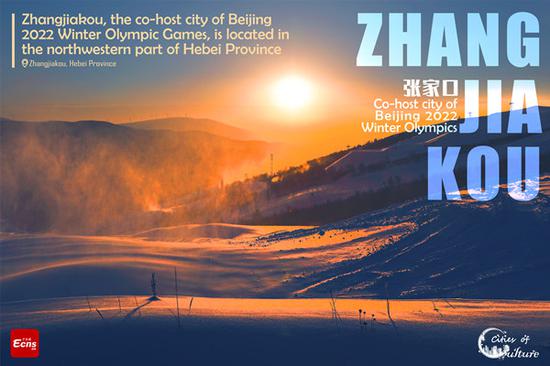
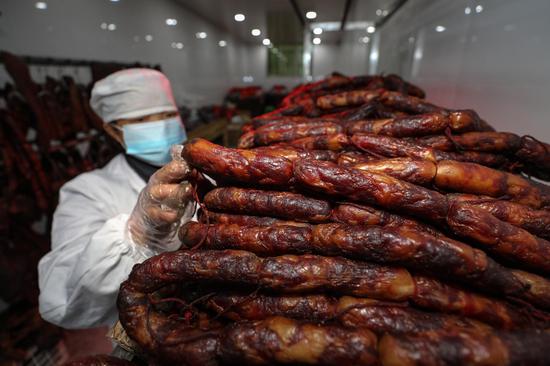
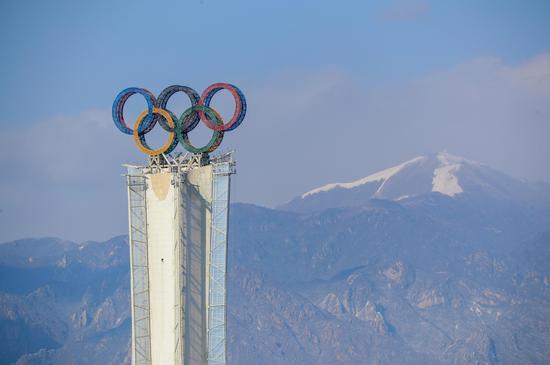
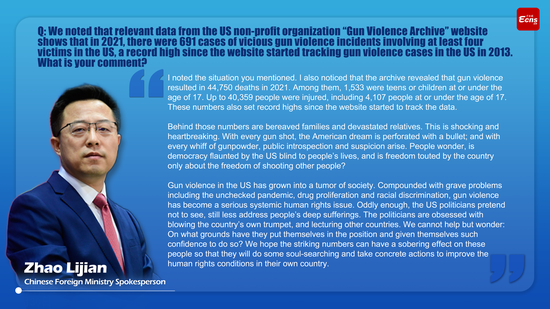
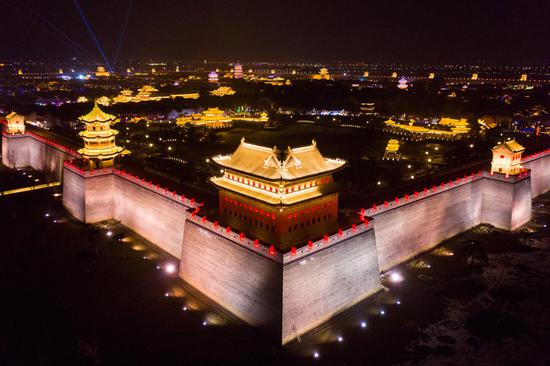





 京公网安备 11010202009201号
京公网安备 11010202009201号